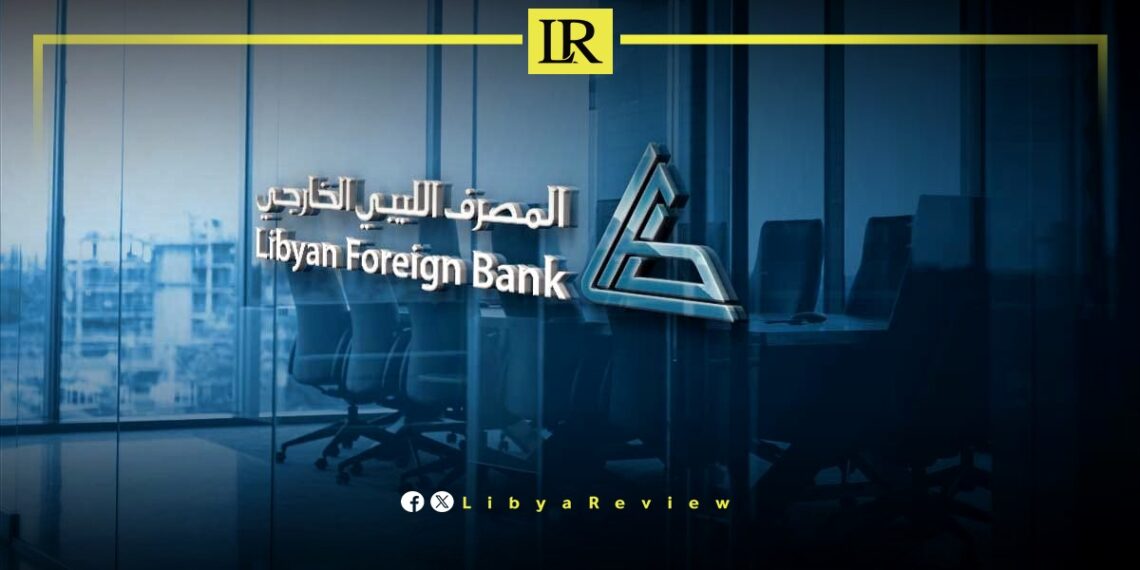The Libyan Foreign Bank warned on Sunday that Libya’s state institutions risk isolation from the international financial and banking system due to recent actions taken by certain state entities against the Central Bank of Libya.
This caution comes in response to the ongoing crisis surrounding the Central Bank after the Presidential Council’s announcement last week of a new governor and board of directors, a decision that has been rejected by both the House of Representatives and the High Council of State.
In a letter addressed to the Director of Banking Supervision and Inspection, the Chairman of the Foreign Bank’s Board, Mohamed Ali Dharrat, highlighted concerns raised by international financial institutions and correspondent banks. These entities have expressed alarm over potential repercussions on the bank’s classification following the issuance of new directives or decisions by domestic authorities.
The Foreign Bank has received inquiries from correspondent banks that handle its U.S. dollar transactions, as well as from regulatory authorities in countries where the bank has significant operations. These institutions form the backbone of foreign exchange operations for Libya’s banking sector.
The letter indicated that these international entities are losing confidence in Libya’s banking sector, which could lead to severe actions by relevant authorities, including the U.S. Treasury Department. The Treasury oversees the official approval for institutions authorized to conduct banking operations in U.S. dollars.
Dharrat warned that such measures could isolate Libyan state institutions from the global financial system and increase the risk to Libyan state assets, particularly regarding legal actions for asset freezes due to violations of the Central Bank’s independence.
The Foreign Bank further noted that such isolation would prevent it from fulfilling its obligations to customers and banking partners, including all banking operations related to transfers and documentary credits, which could result in legal liabilities.
Moreover, any actions by international monetary authorities to isolate Libya’s banking system would render all commercial banks in Libya, along with their customers, unable to meet their commitments to partners, exposing them to further legal risks.


